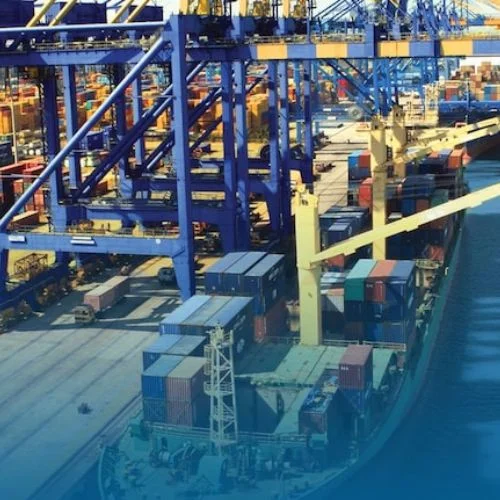Eddie Wu, the CEO of Alibaba Group, will assume immediate leadership of Taobao and Tmall Group, the domestic e-commerce arm of the company, the company announced on Wednesday. This move would increase Wu’s direct control over the group’s main operations.
In addition to taking over from Daniel Zhang as the company’s prior CEO of the cloud business that same month, Wu has been Group CEO since September. Wu now oversees both the organisation as a whole and its two most significant commercial segments, cloud and domestic e-commerce, with this most recent appointment.
By Wednesday midday, the company’s Hong Kong-listed shares had increased by as much as 4%.
The CEO of Taobao and Tmall Group, Trudy Dai, was going to take a leave of absence to help with the creation of a new asset management company “as part of ongoing efforts to improve return on capital,” according to an internal company letter obtained by Reuters and signed by Joseph Tsai, who succeeded Zhang as group chairman in September.
Plans to establish a new asset management company were verified by an Alibaba representative, and Dai would be participating.
Co-founders of Alibaba Group Dai, Wu, and Tsai were all longtime aides to previous CEO Jack Ma.
Wu gave analysts a briefing on Alibaba Group’s future strategy last month, stating that the company would carry out an assessment to identify “core” and “non-core” operations.
In a call following the results, he stated, “Our core businesses are where we will maintain our long-term focus, heavily invest resources, pursue R&D, and enhance user experience.”
In March, Alibaba underwent the most significant reorganisation in its twenty-four-year history, splitting into six divisions under the management of the holding company.
It declared in May that the cloud division would be one of the first to split off and go public. The company scrapped the plan this month, citing concerns about US export restrictions on processors used in AI applications to China.
Although PDD Holdings’ (PDD.O) Pinduoduo and other rapidly growing competitors have gained market share in recent years, Alibaba’s domestic e-commerce platforms Tmall and Taobao continue to be the largest in China.
This year in particular, Dai highlighted a “value for money battle” as a result of negative consumer confidence in China, which was fueled by economic instability and a slower-than-expected retail rebound after COVID-19 limits were lifted a year ago.















